It was just another gig night for Dan McCafferty and Brian Johnson; the former in his role with Nazareth, the latter performing with a band called Geordie years before he hit the big time with AC/DC and Back in Black.
Yet, as the evening descended into chaos and violence at the Faslane nuclear submarine base on the Clyde in 1973, McCafferty took time out to console his new friend with the message that things had gone much worse a week earlier.
By that stage, the Nazareth singer, who died earlier this month at the age of 76, was regarded as one of the best in the business; a force of nature with a voice straight out of Olympus, who happened to be a good guy and a solid citizen as well.
And that was certainly the impression he made on Johnson even as the evening’s entertainment spiralled out of control and he realised he was embroiled in a riot.
He and his Geordie bandmates had already achieved hit success and Top of the Pops recognition with songs such as Don’t Do That in 1972 and All Because of You the following year.
They were the main attraction for the Faslane crowd, with Nazareth as the support act.
But, as soon as Johnson heard the Fifers whip up the crowd into a frenzy, he realised that the concert organisers had got things the wrong way round.
This military base was no place for a group whose own record company couldn’t decide whether they were rivals to Led Zeppelin or in the same mould as Slade.
No, this was an arena for head-bangers and bampots where the Top 10 was irrelevant.
And, where reputations counted for nothing with the squaddies.
Everything started so well
Johnson recalled: “We were headlining and a Scottish band Nazareth were the support.
“I had never heard of them, but before the show, I started chatting with their singer, Dan McCafferty, and we got on immediately. We were from the same background of council houses and industry and we had both been apprentices.
“The audience was made up of uniformed sailors and some in their civvies. They lined the walls and bar that surrounded the dance floor and then in came the girls.
“It was the perfect Friday night for a fight, especially because submariners didn’t like sailors and vice versa. The air was electric with trouble, you could actually feel it.
“So Dan said: ‘Well, we’d better get on before they get a wee bit edgy’.”
He knew his audience and so did his colleagues – if they served up an almighty blast from the stage, it would concentrate the minds of the crowd. And, if they liked what they were hearing, it might distract the punters from unleashing merry hell.
Johnson said: “I thought I would stay and watch and Nazareth came out and started. I was mesmerised. It was a thunderbolt. They were loud and rocking and so very tight and I thought: ‘I wanna be in a band like that’.
“All the tenseness went out of the room, because everyone was locked into this brilliant band. The next thing I thought was: ‘How the hell are we going to follow that?’
“They finished to howls of MORE, MORE….”
Then things went a little pear-shaped
As Johnson has revealed in his new autobiography The Lives of Brian, Geordie had been left in an impossible situation.
They couldn’t crank up the volume to 11 because they weren’t Spinal Tap and, even as Nazareth had served up their exhilarating set, the crowd numbers had swelled along with the amount of alcohol consumed.
So it was with understandable apprehension that they walked on to the platform and did their best to keep the momentum going and the atmosphere in the right place.
But they were no match for those in front of them.
Even as they strove to raise their game, matters were kicking off in front of them.
Johnson said: “Although we were a tight rocky little band, our singles had been a tad poppy. We gave it our best shot and the boys were playing up a storm, but we were following a hurricane and tornado all in one.
“Halfway through the set, I saw the first bottle fly at the sailors, and then a chair at the submariners, and then the world went mad.
“There was blood. There were people running on stage for safety.
“These were not Jolly Jack Tars. We somehow kept going, but it was a madhouse. Military police were called and it [the venue] slowly emptied.
“[Eventually] Dan came over and gave me a whisky and said: ‘Och dinnae worry, it was much worse last week….’
“And that formed a bond which was never broken.”
Johnson’s life changed forever, albeit in tragic circumstances, when AC/DC’s Bon Scott – born in Forfar and brought up in Kirriemuir – died at the age of just 33 in London in 1980.
It was a crushing blow, but Johnson was subsequently asked to replace Scott by the band’s founders, Angus and Malcolm Young, and although he appreciated he had big shoes to fill, he possessed the voice and the personality to adapt to his new-found fame.
He proved as much when his first album with AC/DC, Back in Black, became the second-best-selling album of all time.
He never looked back .
Or not until now.
And it’s clear that rock with the Youngs on the road was pretty easy after surviving a ruck with those youngsters on the Clyde.
- The Lives of Brian is published by Michael Joseph.
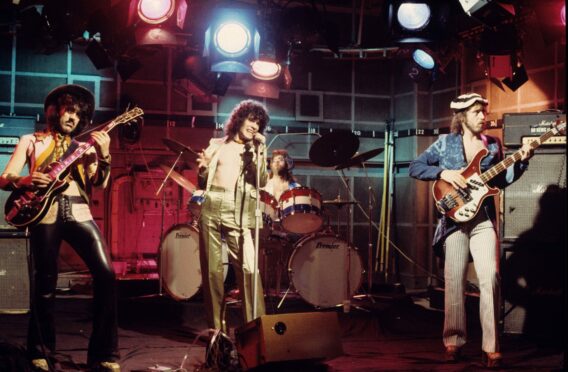
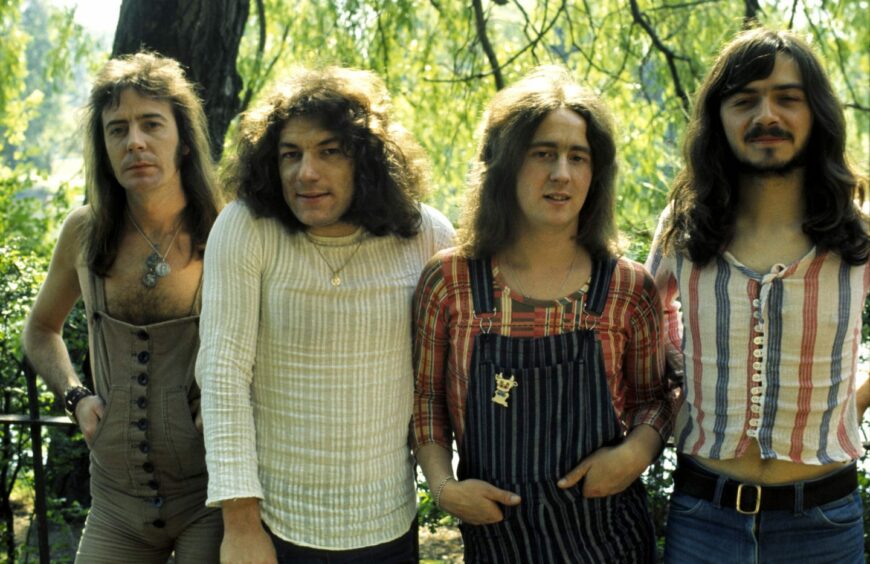
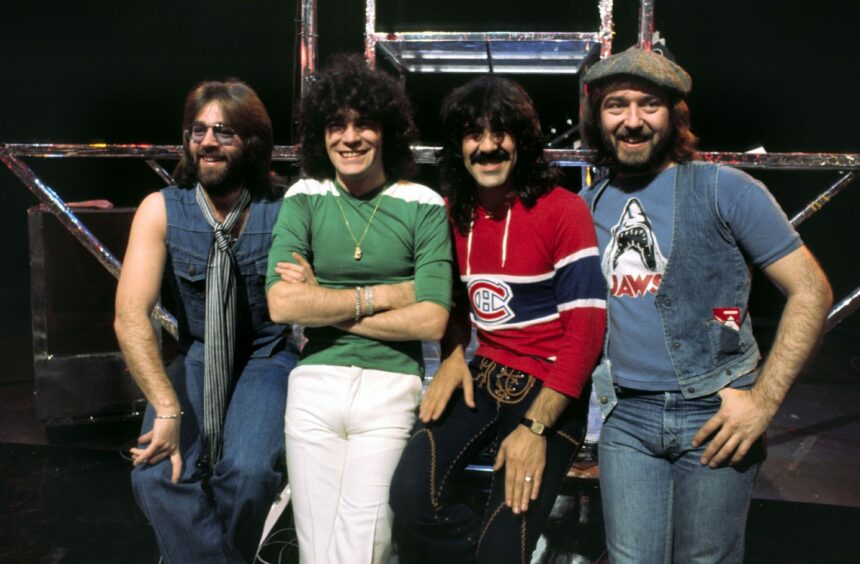
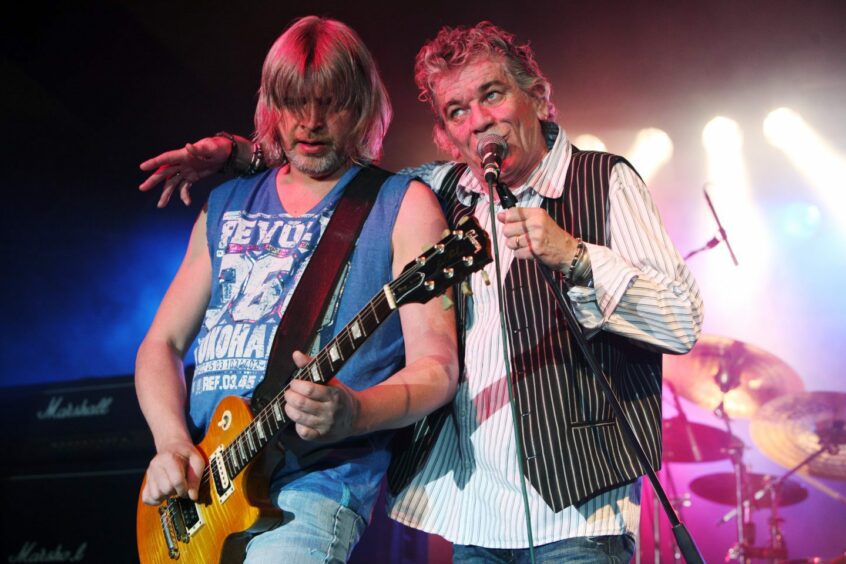


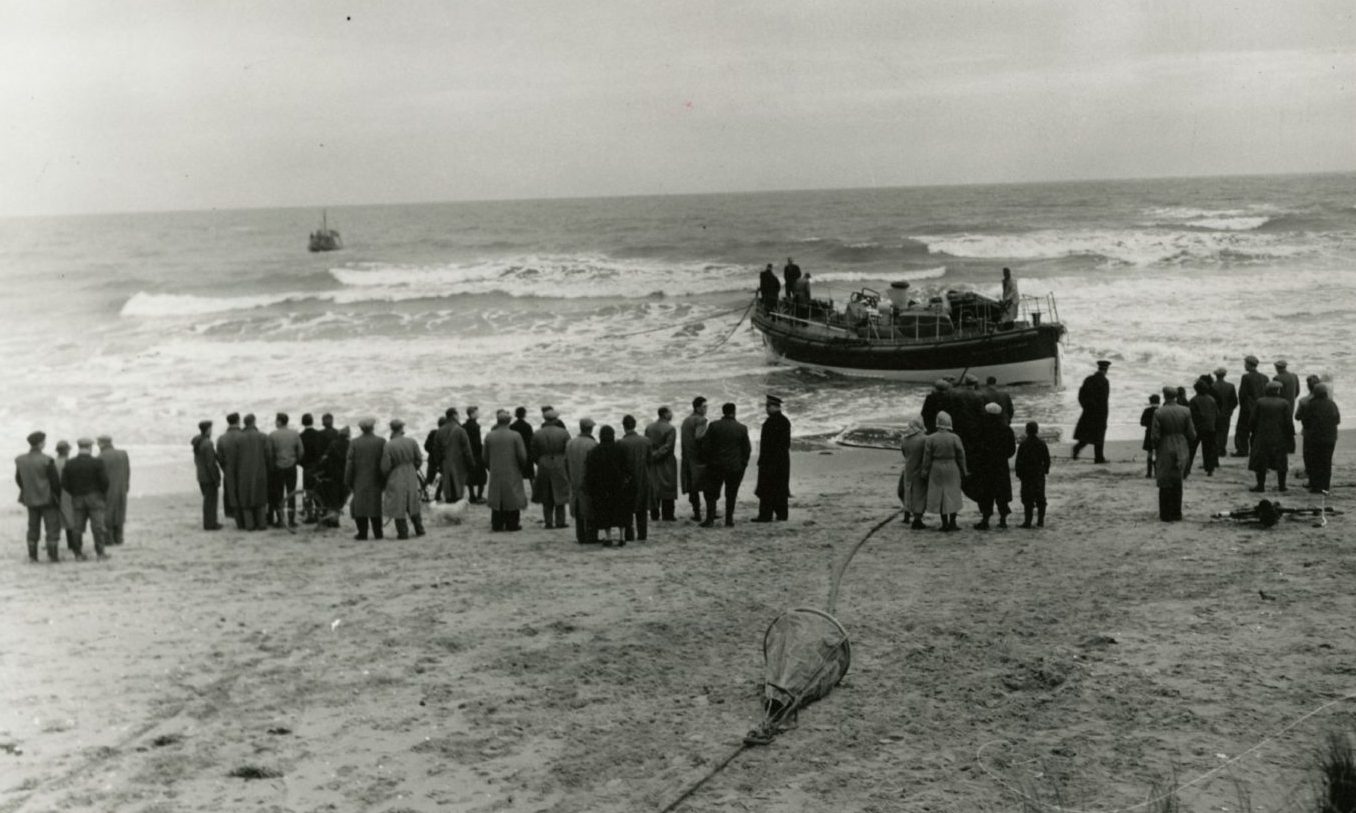
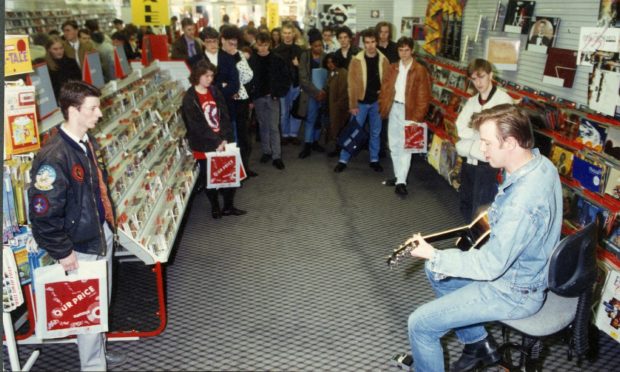
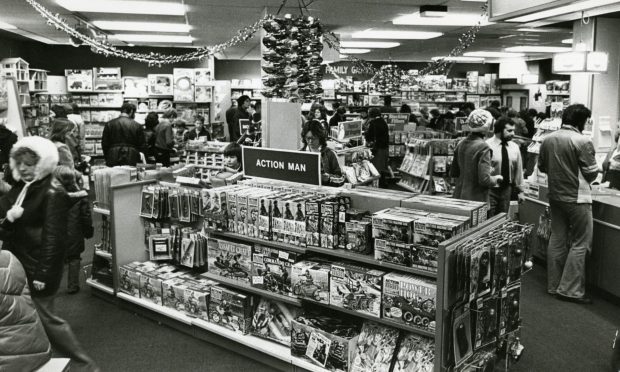
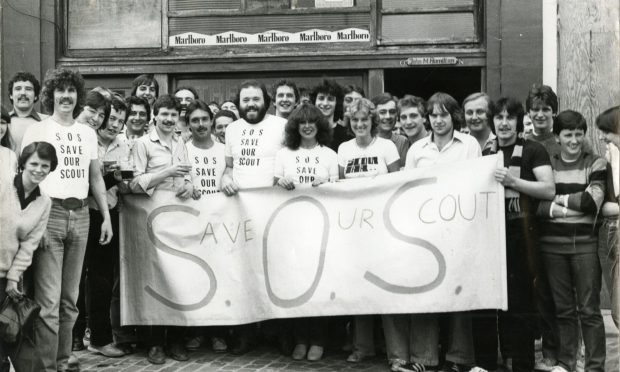
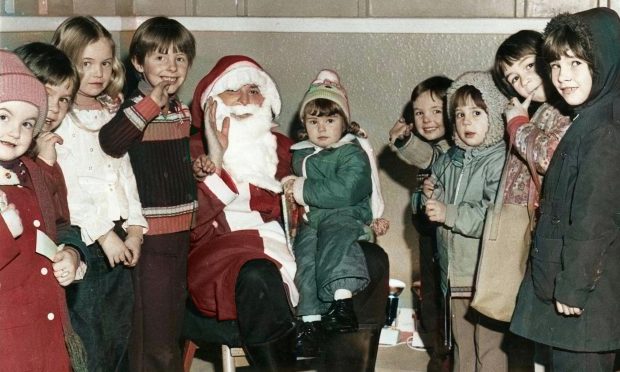
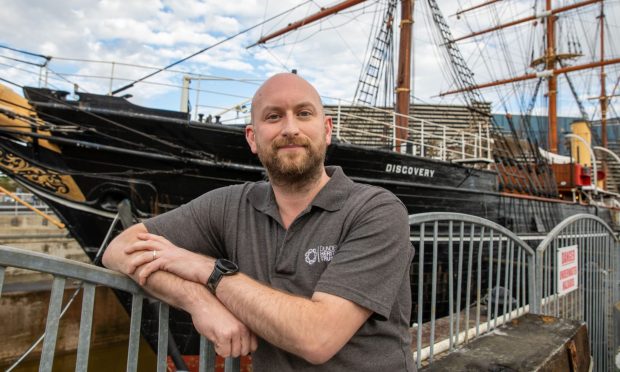
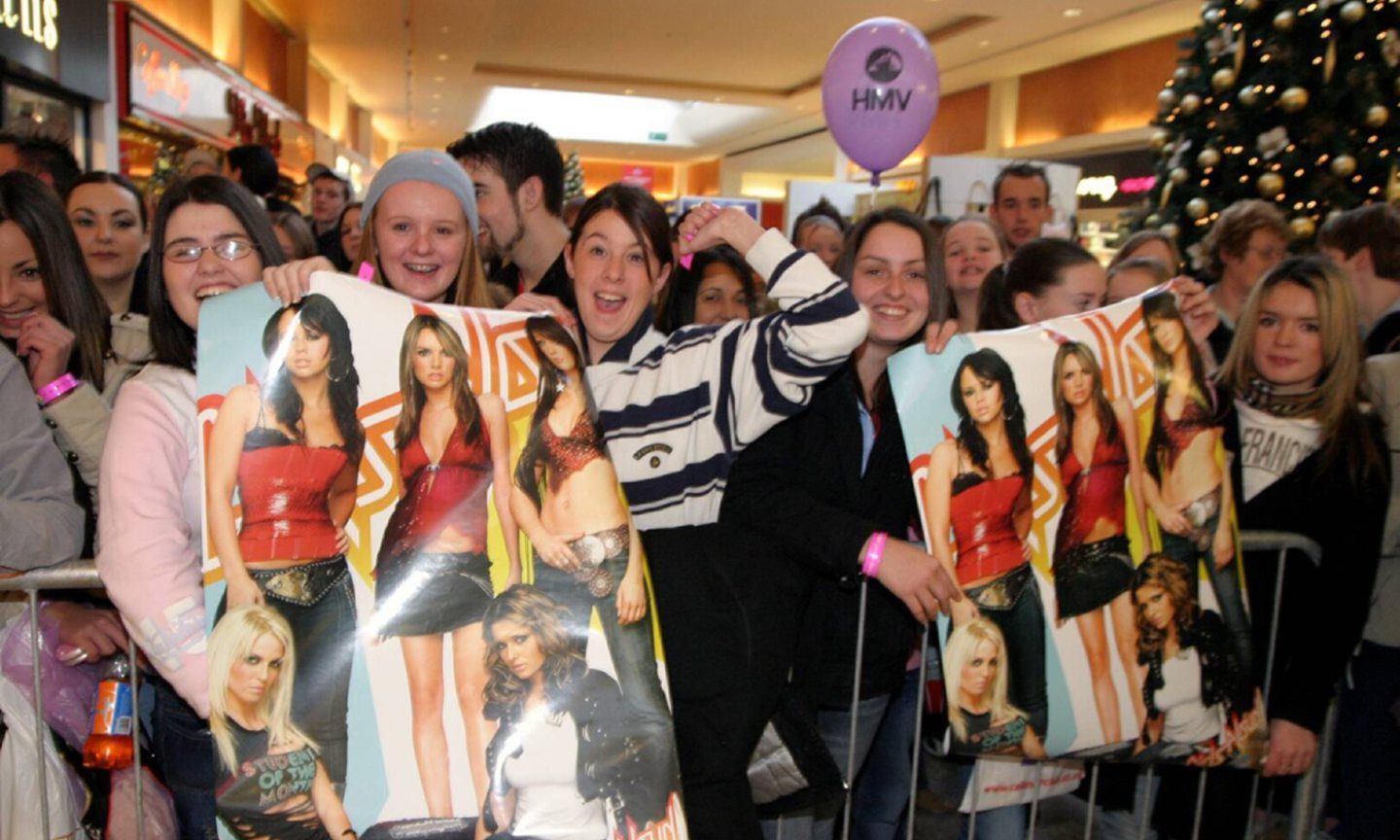
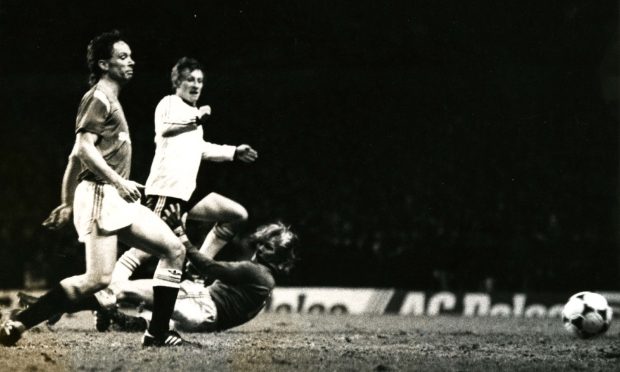
Conversation